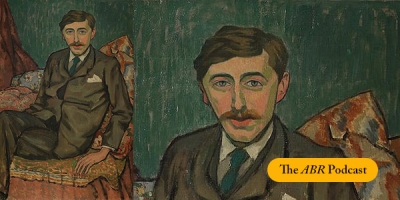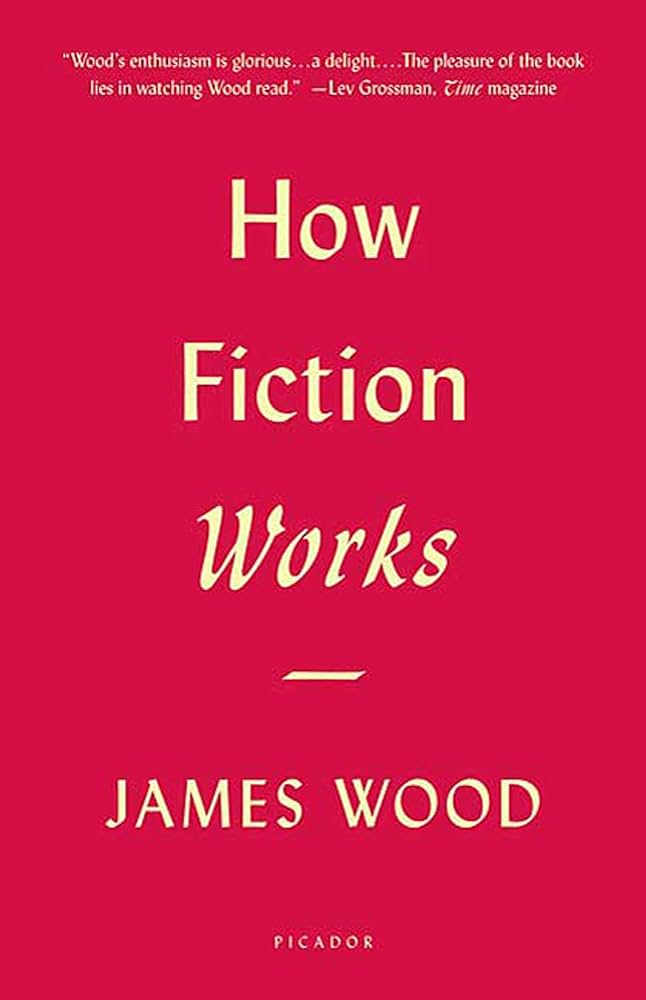EM Forster
Film | Theatre | Art | Opera | Music | Television | Festivals
Welcome to ABR Arts, home to some of Australia's best arts journalism. We review film, theatre, opera, music, television, art exhibitions – and more. To read ABR Arts articles in full, subscribe to ABR or take out an ABR Arts subscription. Both packages give full access to our arts reviews the moment they are published online and to our extensive arts archive.
Meanwhile, the ABR Arts e-newsletter, published every second Tuesday, will keep you up-to-date as to our recent arts reviews.
Recent reviews
This week we draw on ABR’s expanding digital archive and head back to December 2010, when ABR Editor Peter Rose wrote at length about E.M. Forster, author of novels such as Howards End and Room with a View. In this podcast, Rose discusses Wendy Moffat’s biography of Forster, before roaming more widely to revisit those influential novels and dipping into the immense Forster literature – and the even more gargantuan literature of Bloomsbury, of which Forster was a peripheral and somewhat wary member.
... (read more)


